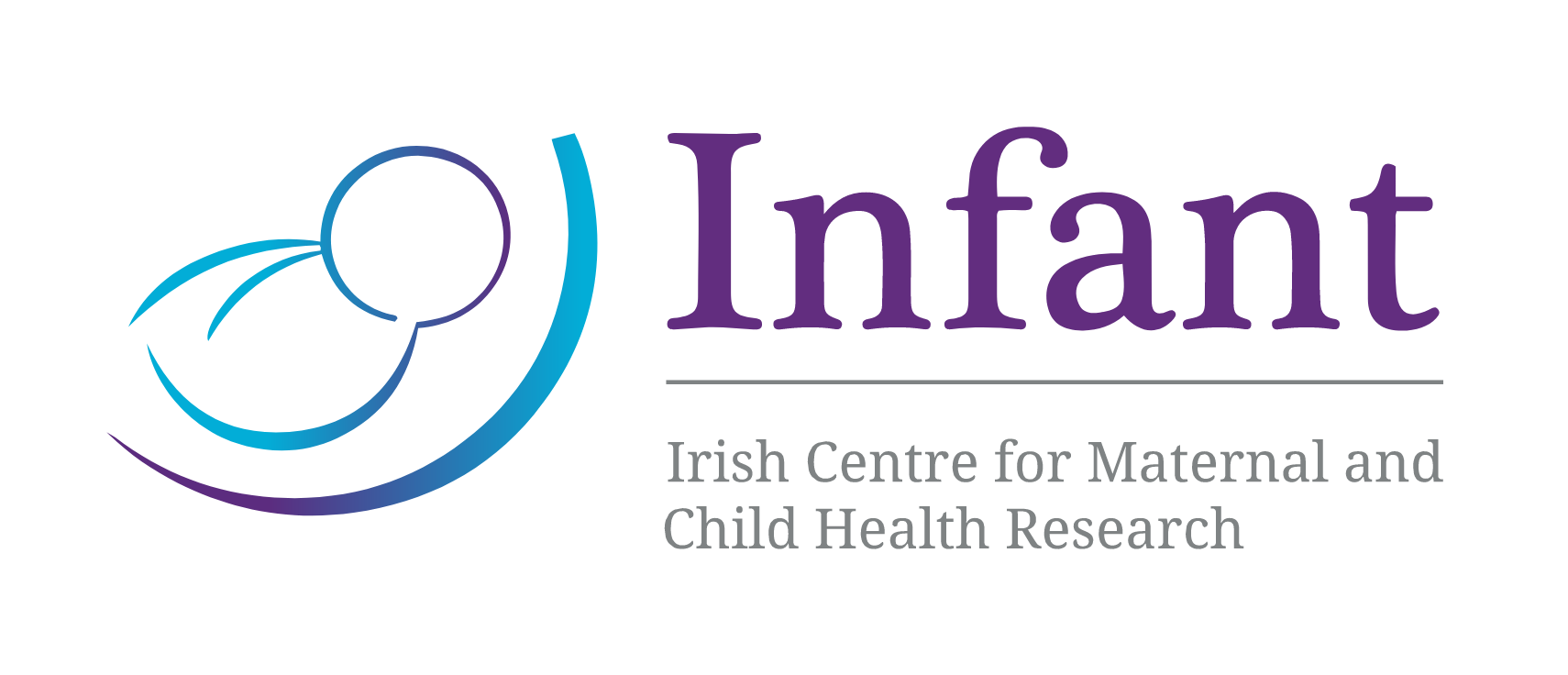Pregnancy Loss & Stillbirth
Understanding the underlying causes of pregnancy loss and stillbirth.
How common are miscarriage and stillbirth?
Pregnancy loss, in the form of early or late miscarriage, or stillbirth, occurs in 20-25% of pregnancies. It is estimated that at least 15% of clinically recognised pregnancies miscarry, while the risk of stillbirth is 1 in 200. In addition, up to 3% of all pregnancies end in second trimester miscarriage (>14 weeks). Despite many improvements in medical care, these rates have remained nearly constant for decades.
There are some medical reasons why miscarriage or stillbirth occurs, but frequently, clinicians cannot attribute loss of the pregnancy to any particular cause. Numerous social, behavioural and lifestyle risk factors are also reported to be associated with pregnancy loss, but these links are complex and not fully understood.
Miscarriage occurs in up to 20-25% of pregnancies
There is significant psychological morbidity associated with prenatal loss at any gestation and effects on physical and emotional wellbeing may be long-lasting. Given the extensive impact of pregnancy loss, it is imperative to understand the underlying causes. Understanding reasons why pregnancy loss happens helps parents recover, but may also identify recurrence risks, and even identifying a sporadic cause has merit as it can provide reassurance for a future pregnancy.
In addition, few studies have addressed the lived experience of pregnancy loss and there is little qualitative research showing how bereaved parents understand and make sense of their loss. Identification of mothers at risk for pregnancy loss is a necessary step to effective intervention and prevention, and the intensity of prenatal care can then be matched to each woman’s risk profile.
What are the aims of the group?
- Examine lifestyles and psycho-social demographic factors associated with all types of pregnancy loss
- Calidate potential multiple risk factors and biomarkers that may be used to predict pregnancy loss.
- Develop a research-based approach to the introduction of new materials to improve the process of consent for autopsy
- Discover bereaved parents’ attitudes to autopsy and post-mortem investigations
- Explore the psychological and spiritual needs of bereaved parents
- Examine the lived experiences of men and women who have experienced early pregnancy loss, late miscarriage, stillbirth and neonatal death
- Explore bereaved parents’ attitudes and experiences, and then to assess how this interacts with biological or socio-demographic causes of pregnancy loss.
- Improve understanding and increase awareness of the consequences of pregnancy loss amongst healthcare professionals
- Examine the impact and costs of pregnancy loss in the next pregnancy on parents and healthcare professionals
